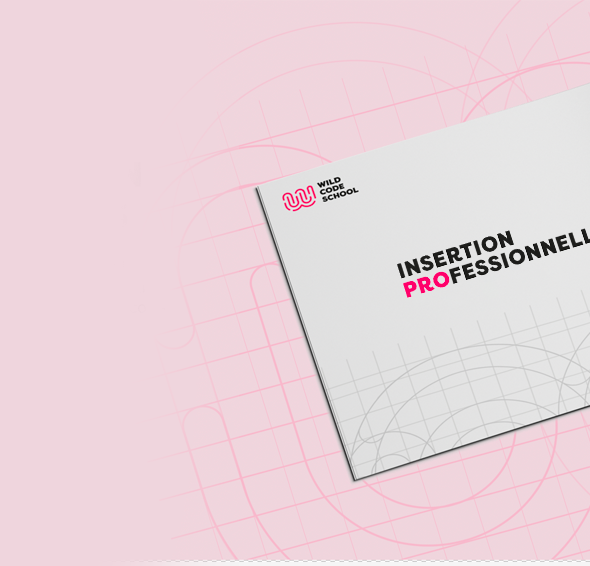Artificial Intelligence is set to change our world. According to a recent report by Rock Health, machine learning and health AI has already made over $2.7 billion in recent years.
AI in healthcare and medicine will take the shape of using data more effectively through machine learning algorithms which will produce positive outcomes for both patients and medical providers. A great amount of data created through IoT-enabled devices, electronic medical records (EMRS) and ever-expanding quantities of genetic data has already made many changes in healthcare.
The value of AI in healthcare is also that it can enhance human decision-making processes and automate many processes that are time consuming for humans to carry out. The recording of data and using it to provide accurate answers will hugely improve every aspect of healthcare – because AI can operate as a fast and accurate way to help medical professionals make predictions.
However, limitations in this idea comes from the assumption that AI would replace doctors. But the truth is, AI will never completely replace doctors, but rather is and will empower doctors and nurses by aiding them in data-driven contexts, allowing them to make better informed decisions.
So now, one question remains: What are the benefits of AI in healthcare? What methods are ushering in AI in this ever-evolving industry? And how can AI make applications in healthcare more effective and user-friendly?
Fortunately, despite the challenges in technology, AI will still unlock great things across the healthcare sector – here are some of the most interesting ways that AI will change the future of healthcare.
How Is AI Used In Healthcare?
First and foremost, AI is at the forefront, when it comes to emerging technology and innovation. This is especially the case for healthcare. AI, as you’ll see in each example, will grow to make healthcare tasks and challenges less difficult. And, it prevents diagnoses bias or assumptions that happen too often in the medical field.
Take a look at some of these innovations in AI, when it comes to healthcare:
Predictive Analytics
As noted, AI in healthcare can aid with predictions – AI can crunch vast quantities of data regarding in-patient volume, types of treatment being administered, and the probable future demand for certain treatments. With this data, hospitals and related healthcare organizations can allocate their budgets more wisely.
“For instance, AI enabled predictive analytics can allow hospitals in any area to know when a flu epidemic will strike. These hospitals can then prepare for the number of ICU beds, flu shots, ventilators and staff they will need to handle the outbreak efficiently,” says Reema Carter, a health writer at Boom Essays and State of writing.
AI can help human experts in public health know who the most at-risk populations is, rank the severity of an outbreak by analysing population disease data, and automation in the administrative preparation process and resource planning. These insights are very crucial, and can benefit the healthcare industry in more ways than one.
With the right predictive analysis, healthcare can become proactive, rather than reactionary. It can be used to make accurate diagnoses, identify at-risk populations, manage and assign administrative resources, forecast the value of research project and predict how patients will respond to medicines and treatment.
Disease Prevention
AI can aid in disease prevention by analysing and predicting entire populations (not just hospital catchment areas). This means that public health care can move towards prevention, rather than being rushed of its feet when outbreaks occur. AI will be able to pinpoint the location of cancer spots and other cancerous masses in the body through smart technology. By knowing the patient from the inside and out, the results will be more accurate.
Moreover, a greater understanding of who is at risk will allow preventative guidance that stops these patients entering the healthcare system in the first place!
Pathology
“Since pathologists spend most of their time looking at tissue samples through microscopes, machine learning algorithms can help them analyse these images. The differences between tissue samples often mean the difference between a diagnosis or not – so having a computer help them do so will save a lot of time, and lives!” notes Sophia Wooley, a web developer at Paper Fellows and UK Top Writers.
This is because AI will improve accuracy and efficiency in pathology. The algorithms identifying areas of interest in tissue samples, and allowing pathologists and clinicians to quickly and easily see changes that can be used in diagnosis.
Radiology
AI can also have the ability to analyse images in radiology. Usually, radiologist doctors would analyse a set of images gathered from various scans like MRIs or PET scans. Having an AI program on hand to analyse these saves them a huge amount of time and controls human error – AI can detect diseases and anomalies in real-time via pattern recognition. This can be used to diagnose everything from cancerous brain tumours to breast cancer.
One example of radiology at work is through neurology. Neurology is already a health phenomenon, seeing that complex surgical robots have already started paving the way for medical innovation. Since the neural network is always evolving with age, there is a need for a sufficient platform to study and operate on the affected. Interventional neuroradiology can be used to perform neurosurgical procedures. And, with AI, this form of neurosurgery, combined with complex surgical robots, is both smarter and more effective.
Drug Development
Researchers in the health industry are always on the lookout for the next discovery in medicine. The good news is, through AI, it’s now increasingly possible to automate drug design and compound selection. That means AI is being used to select the best designs possible, and finding the right solutions, making drug production easier!
While regulation is still something to think about, regulators can still approve of AI being in healthcare in the foreseeable future.
Workflow Management
Finally, AI can help to compile information using software from companies and applications like Google, APIXIO, Amazon Web Services, IBM and AICure (to name a few). In other words, a healthcare app company can be AI-capable in helping you manage workflows in a hospital or healthcare organization. The ease of which this information is recorded and stored, and the manner in which different departments can view the information, will make it easier than ever for healthcare providers and other users to make the right decisions for their patients.
So, What Is The Future Of AI In Healthcare?
As mentioned throughout this overview, AI can stand as a testament of how healthcare can prosper. Just as more surveys are conducted, and research is continuous, these powerful consequential technologies can help to make healthcare more effective and life-saving.
This Article was written by Sara Sparrow.
Technical writer and project coordinator Sara Sparrow works at both Academized and UK Writings. Sara gets involved in marketing conferences, and writes articles for virtual blogs including PhD Thesis writing.










